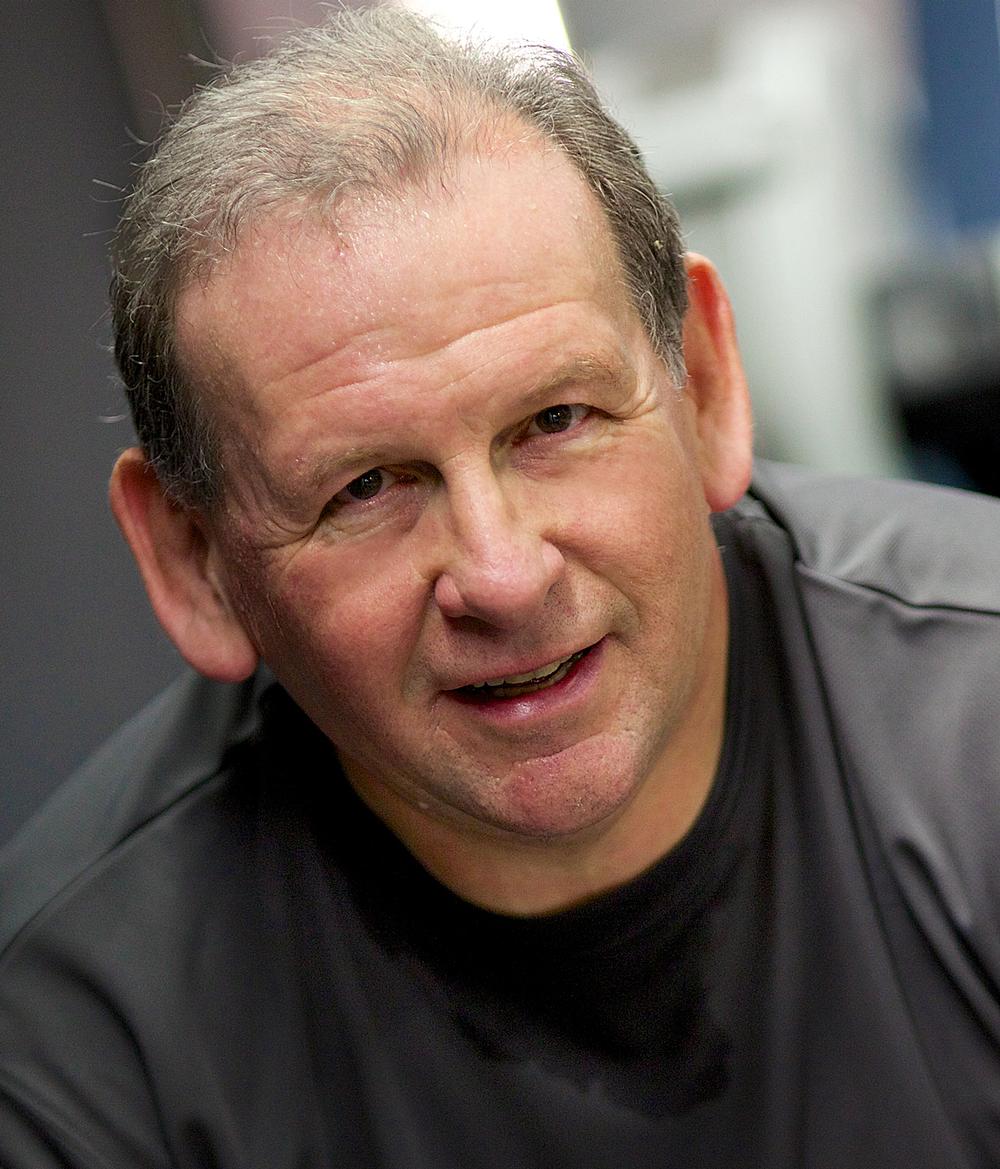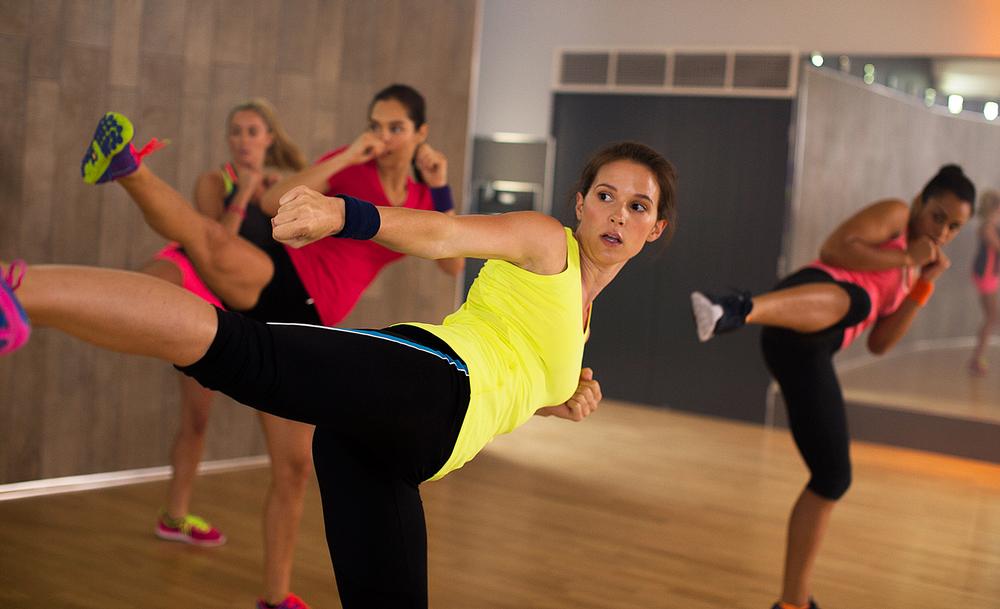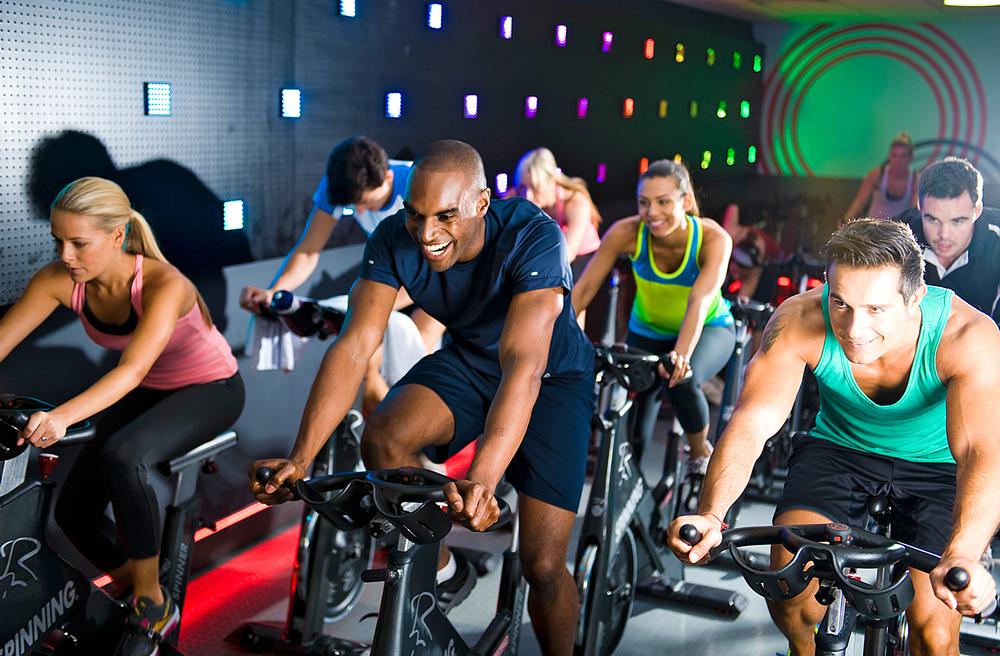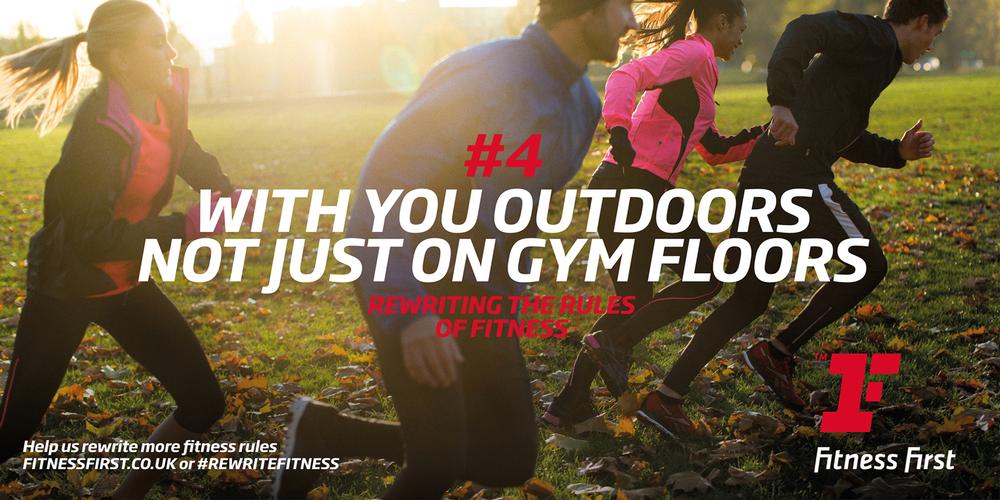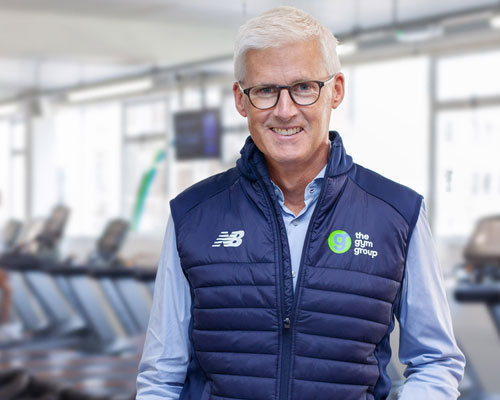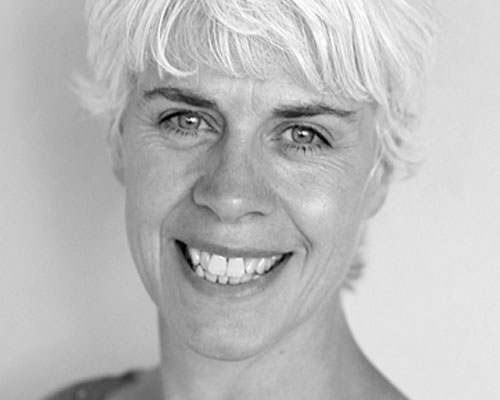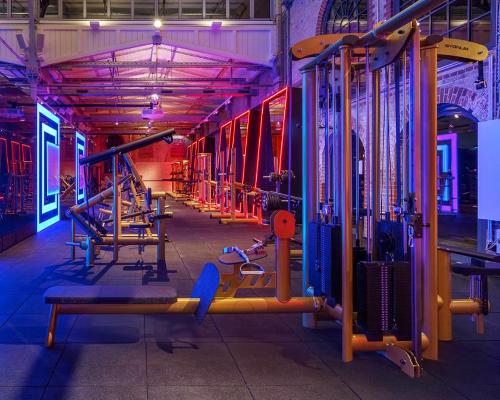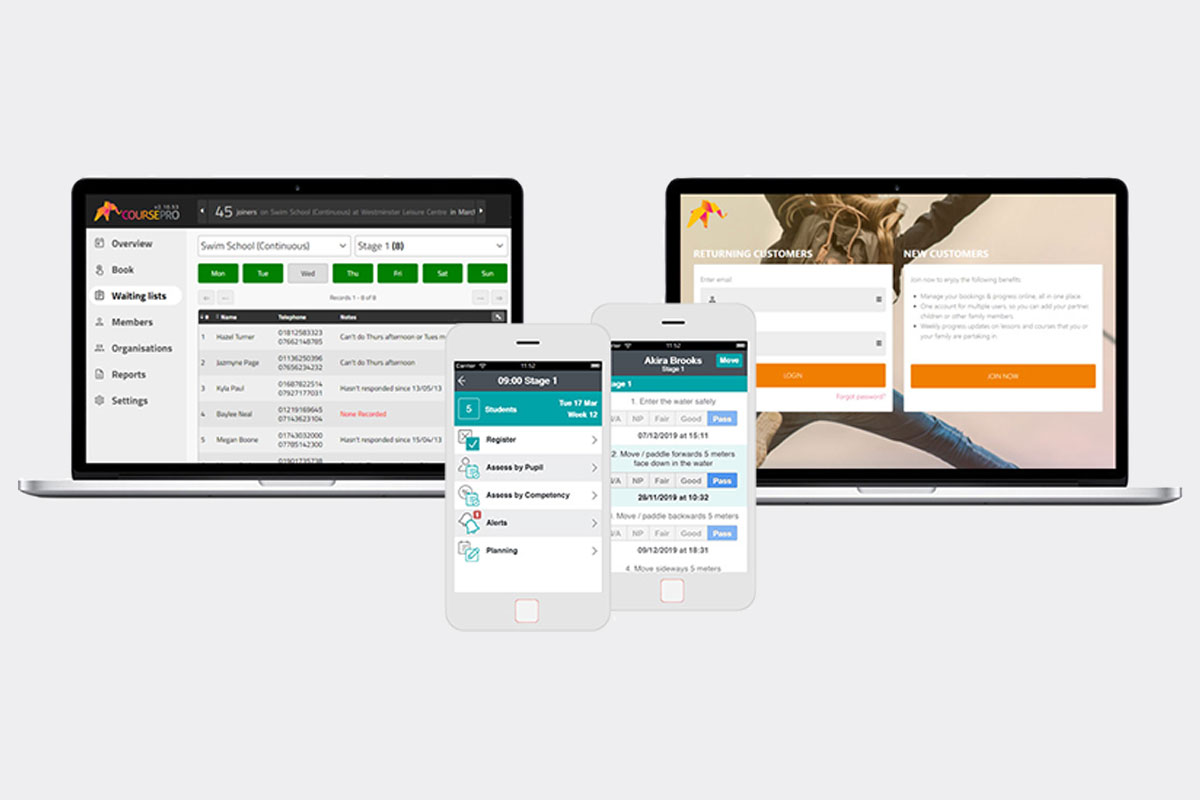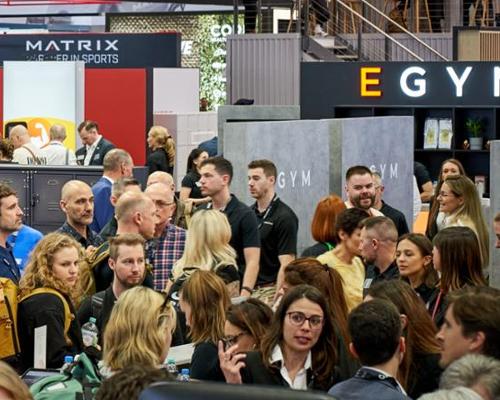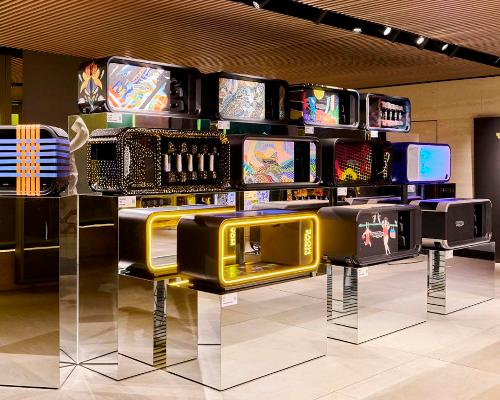features
Everyone's talking about...: Universal appeal
Research shows the middle classes dominate health club membership. How can we broaden the appeal to all socioeconomic groups – and how hard are we trying?
Research from Dr Paul Bedford indicates that the membership profile across the private and public sectors is increasingly similar (see HCM Sept 13, p64). A large proportion of members are from the middle classes and eight MOSAIC profiles are significantly under-represented, with gyms struggling to lure the highest and lowest income groups.
So why is this? Certainly there’s more parity of offering between the sectors nowadays: the public sector has upped its game, offering high quality facilities at reasonable prices, while the private sector has struggled with ageing estates in tough economic times. Meanwhile, the growing budget club sector, closer to traditional public sector offerings in terms of pricing, would logically appeal to those on lower salaries – but as with the budget airlines, in practice it appeals equally to gym-savvy, value-driven professionals.
Another factor to bear in mind is the high volume of casual users in the public sector – a group that can’t currently be tracked, as operators can’t provide data for them. It’s possible that public sector participation is broader than the research reveals, but it still suggests lower income groups only participate as and when they can afford to, rather than committing to a new lifestyle.
Bedford explains: “The retention-focused research looked at who’s paying and how well we retain them. While we might be able to access wider populations by providing discounted/subsidised activities, we seem unable to find ways of selling memberships to these populations.”
If the industry is to tap into NHS funding and play a part in relieving the obesity epidemic, engaging with a broader demographic is vital. Even acknowledging the direct debit-based sample of the research, the question still needs to be asked: are we engaging with a sufficiently broad audience? If not, what are the barriers preventing lower socioeconomic groups from joining clubs?
John Treharne,
CEO,
The Gym Group
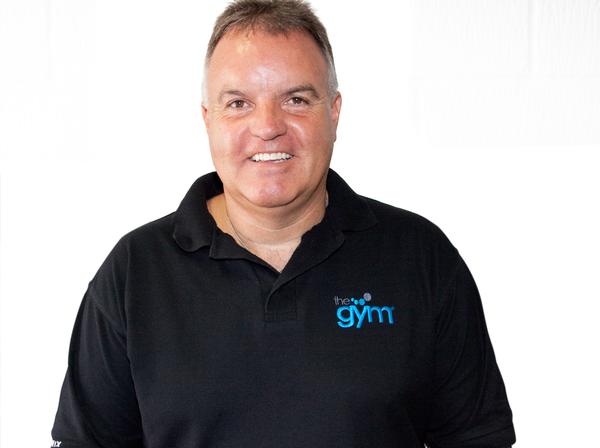
“I’m surprised at this research, because I think health club membership has become less middle class.
In the 80s and much of the 90s, a health club membership was expensive and therefore a middle class badge: health clubs were associated with the nouveau riche. In my view, that has changed dramatically over the last five years. In the UK, Europe and the US, there has been a cultural change which has made health club membership less middle class.
As the recession has taken hold, there’s been a shift towards value for money in all areas of life and among all socioeconomic groups, whether that’s travel, flights or even daily necessities: 18.6 per cent of the AB socioeconomic group now shop at Aldi and perceptions are changing. Indeed, Aldi has as many products rated ‘high’ by its customers as Waitrose and Marks & Spencer.
That shift towards value is evident in health clubs too: our research shows our members are evenly spread across the socioeconomic groups – ABs as well as people on benefits – and the majority are new to health club membership.
We believe our business model creates an inclusive environment: once you’re on a treadmill, it makes no difference what the person next to you earns.”
Karen Creavin,
Head of community sport & healthy lifestyles,
Birmingham City Council
“We’re very proud of the fact that, in Birmingham, we have almost 40 per cent of the population registered and using our facilities – that’s more people than voted in the last general election.
We’ve achieved this by identifying barriers and then removing them. Cost has proved to be one of the biggest barriers to attracting the lower socioeconomic groups, so since 2009 we’ve been offering Birmingham residents free access to our leisure centres at set hours during the day. Clubs in the most deprived areas offer the most free access.
Following the success of this Be Active programme, we also launched Active Parks in spring 2013. This offers free activities, such as Zumba, park fit and buggy fit, in parks. These sessions draw a lot of families: women tell us they don’t want childcare – they want activities they can do with their children.
These services are funded by the NHS and independent evaluation has shown that for every £1 spent, £21.30 is returned to the system. Our research shows we’re reaching all the groups, but are over-represented by those living in the poorest postcodes. People feel comfortable in the club when they’re among those who look and dress like themselves.”
Julian Berriman,
Research and development manager,
Premier Training
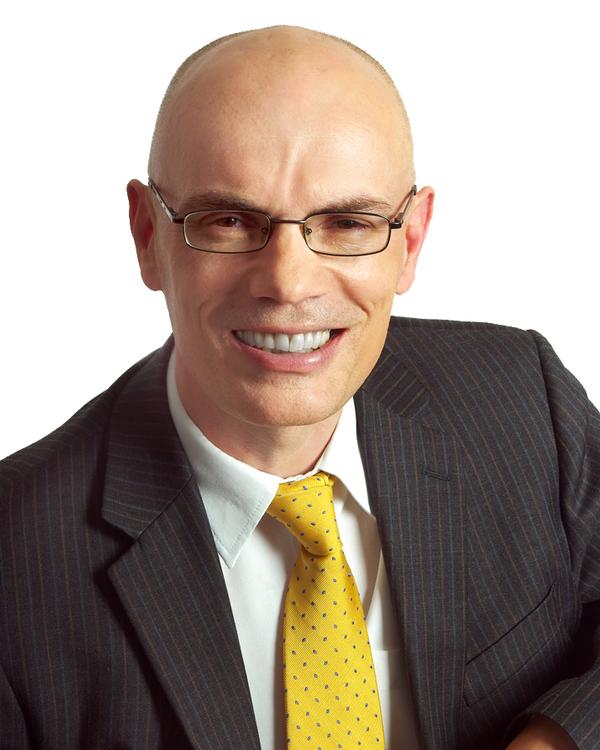
“I would agree that health clubs are not attracting the groups at the lower end of the socioeconomic scale. However, since April 2013 – when local authorities were charged with public health provision – there’s more funding available to target this population than ever before, and more onus on local authorities to find preventative measures to combat the rising tide of chronic illness in our communities.
To attract those most in need, provision needs to be more accessible and appealing: currently there’s a lack of community emphasis. Clubs need to start interacting with the communities they sit within and taking activities to where people already go.
To this end, Premier Training has designed a certificate: Promoting Community Health and Wellbeing. The certificate focuses on how to support behaviour change and long-term adherence to healthier living, and how to empower individuals to set their own goals. It covers four main areas of health: becoming more physically active, smoking cessation, healthy eating and alcohol awareness. Negative engagement in these behaviours is placing a huge financial burden on the wider economy and must be addressed at all levels of our society – but perhaps most urgently among the least well-off.”
Kevin Yates,
Head of leisure,
Leisure Connection

“I have the utmost respect for this research, but I do have to question whether it paints a full picture. As a public access provider, it’s our job to target hard to reach groups including children, older people, disabled people and those on low incomes, whose participation often won’t be reflected in our membership numbers. For example, at one of our leisure centres we have 3,000 direct debit members, but a total of 11,000 users on the database and 750,000 visits a year.
I believe Leisure Connection is becoming increasingly innovative at targeting and reaching key socioeconomic groups. For example, the wellness activity bus in North Kesteven in the East Midlands – which takes activities to people in deprived areas – has 5,600 users and is just one example of how our teams are taking activities outside the four walls of our centres, to engage with hard to reach groups within their own environments. Often this is delivered free of charge, or at a discounted rate, to ensure participation.
The launch of health and wellbeing boards have made local authorities increasingly proactive in engaging the lower socioeconomic groups, but it’s important that, as providers, we can demonstrate outcomes in order to avoid cuts.”
